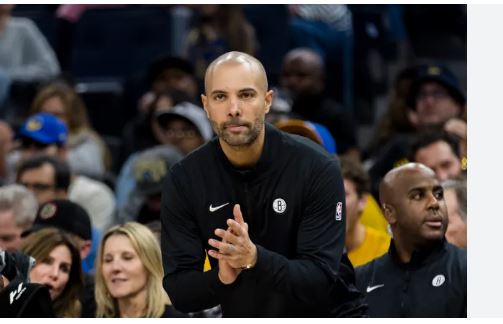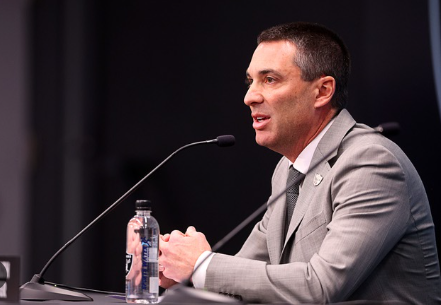Paul McCartney Reflects on How John Lennon Helped Him Through Doubt — and Why He Still Creates…
Paul McCartney recently opened up about how the late John Lennon helped him push through moments of self-doubt — and why, even at 83, he’s still writing and performing music.
Despite his legendary status as one of the most successful songwriters in music history, McCartney admits that self-criticism remains part of his creative process. “As a performer,” he says, “you’re constantly wondering, ‘Is this actually good? Is it just a cliché?’”
This vulnerability may seem surprising for someone with McCartney’s iconic discography. Yet, he confesses that he remains as hard on himself today as he was in his early years.
Instead of slowing down, McCartney continues to perform — including his recently announced Got Back U.S. tour launching September 29 in Palm Desert, California. His drive comes, in part, from his constant quest to improve — but also from the value of having a trusted voice beside him.
“Every time I write a song, I think, ‘This is awful,’” McCartney told GQ. “So I challenge myself — if it’s bad, fix it. Make it better.”
That’s where encouragement from someone he respects — someone like John Lennon — can make all the difference. “Sometimes, a friend will say, ‘No, this is good,’ and show you something in it you hadn’t noticed. Then suddenly, you see it differently.”
Lennon played that role often during their partnership. When they first met in 1957, they were just two young musicians trying to figure things out. Working face to face with their guitars, they motivated each other, forging one of music’s greatest collaborations.
McCartney recalled a pivotal moment in 1968 while writing “Hey Jude.” He shared a draft with Lennon, apologizing for a line he thought was just filler: “The movement you need is on your shoulder.” McCartney told Lennon he planned to change it — but Lennon insisted it was perfect.
“That’s the best line in it,” Lennon told him.
McCartney later reflected on how powerful that kind of support can be — especially when you’re on the verge of discarding something. “When someone you respect believes in something you’re ready to scrap, it becomes even more special — like a stray dog you were about to put down, but it got saved. It’s more beautiful because it was nearly lost.”
He added that every time he performs that lyric, he thinks of Lennon. “It’s an emotional moment. I really love those words now.”
The experience is a testament to the value of collaboration and creative companionship. Without it, McCartney said, it’s easy for artists to spiral. “Sometimes you think, ‘Everything I do is worthless.’ And I tell people, ‘Look — if I can feel that way, anyone can.’ It’s bizarre.”
Ultimately, McCartney believes this inner struggle is part of what keeps his work authentic.
“In the end, you have to recognize — this is just part of the process,” he explained. “At least I care. I’m not just cranking out nonsense. I’m genuinely trying to make something good. Even if I don’t always succeed — I love doing it. That’s why I keep going.”





